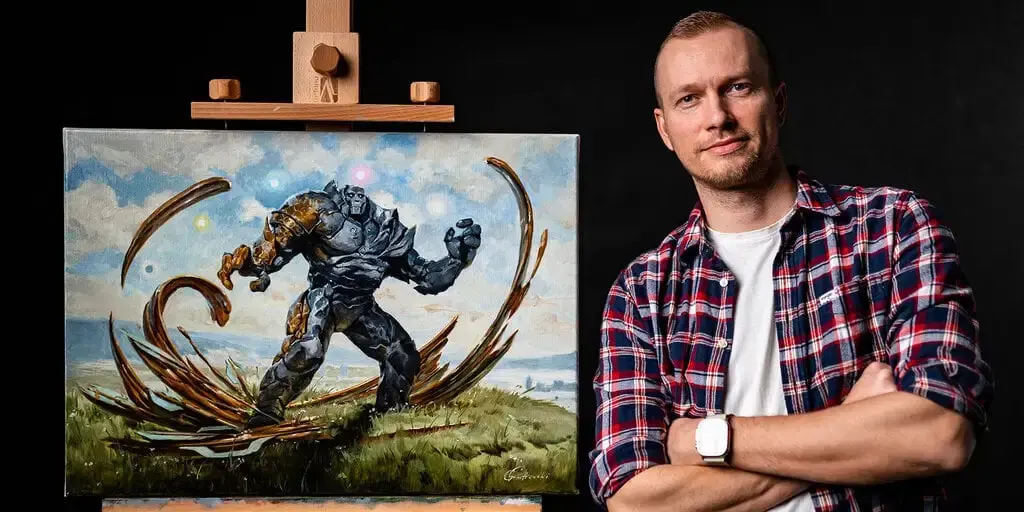Greg Rutkowski, a digital artist known for his surreal style, opposes AI art but his name and style have been frequently used by AI art generators without his consent. In response, Stable Diffusion removed his work from their dataset in version 2.0. However, the community has now created a tool to emulate Rutkowski’s style against his wishes using a LoRA model. While some argue this is unethical, others justify it since Rutkowski’s art has already been widely used in Stable Diffusion 1.5. The debate highlights the blurry line between innovation and infringement in the emerging field of AI art.



The real issue here is the transfer of power away from the artist. This artist has presumably spent years and years perfecting his craft. Those efforts are now being used to line someone else’s pockets, in return for no compensation and a diminishment in the financial value of his work, and, by the sounds of it, little say in the matter either. That to me seems very unethical.
Personally, as an artist who spends the vast majority of their time on private projects that aren’t paid, I feel like it’s put power in my hands. It’s best at sprucing up existing work and saving huge amounts of time detailing. Because of stable diffusion I’ll be able to add those nice little touches and flashy bits to my work that a large corporation with no real vision has at their disposal.
To me it makes it much easier for smaller artists to compete, leveling the playing field a bit between those with massive resources and those with modest resources. That can only be a good thing in the long run.
But I also feel like copyright more often than not rewards the greedy and stifles the creative.
But that’s sort of the nature of the beast when you put your content up for free on a public website. Does Kbin or Beehaw owe us money for our comments on this thread? What about everyone currently reading? At least KBin and Beehaw are making profit off of this.
The argument is not as clear cut as people are making it sound and it has potential to up-end some fundamental expectations around free websites and user-generated content. It’s going to affect far more than just AI.
How?